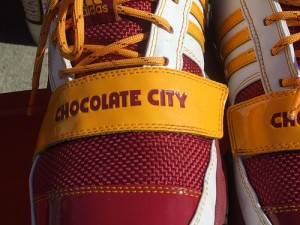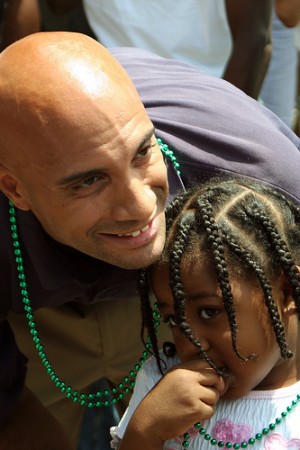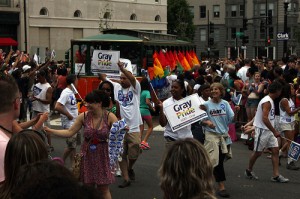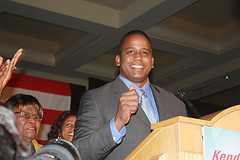Now reading: “Will white identity politics come to post-post-racial D.C.?“, by Adam Serwer at the City Paper.
But just as the browning of America has awoken a novel white identity politics nationally, the demographic forces that framed D.C.’s last mayoral election may prove to be the prologue to a new era of polarizing racial politics in the District, one in which explicitly catering to its most affluent white residents is a path to victory rather than a route to an ignominious defeat.
The Census numbers released last week showed that D.C.’s black residents have been fleeing the city in even larger numbers than expected, leaving blacks with a bare 50 percent majority of the population. The raw racial and cultural divide exposed by the contest between Gray and Fenty is also exacerbated by which residents are leaving. In 2009, the D.C. Fiscal Policy Institute noted that “while incomes have risen for white households and those with the most advanced educations, incomes have been stagnant or falling for others.” The exodus of the city’s black middle class only exacerbates the trend. Playing to a base of black voters, now more than ever, also means playing to a base of poor voters.








